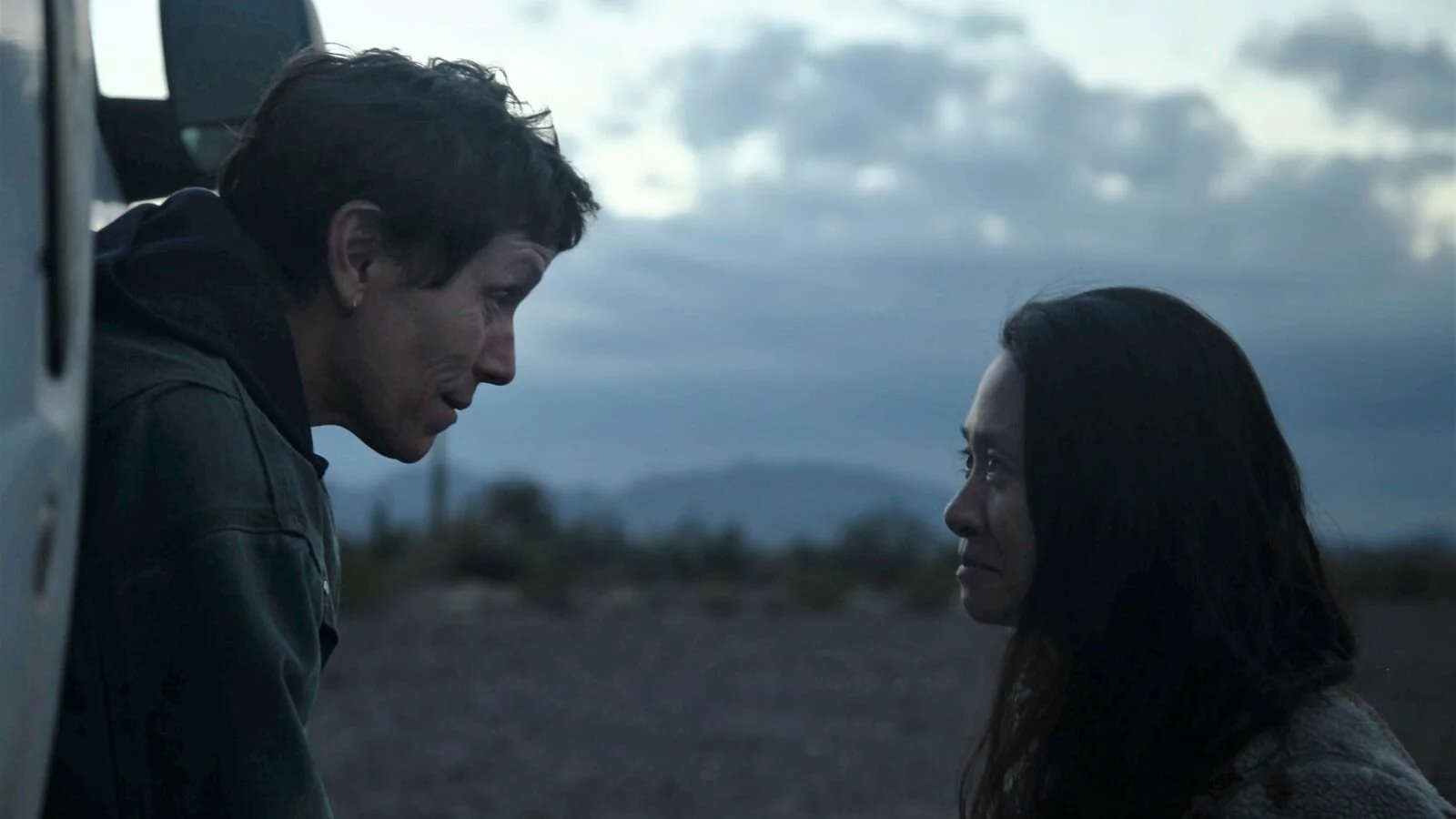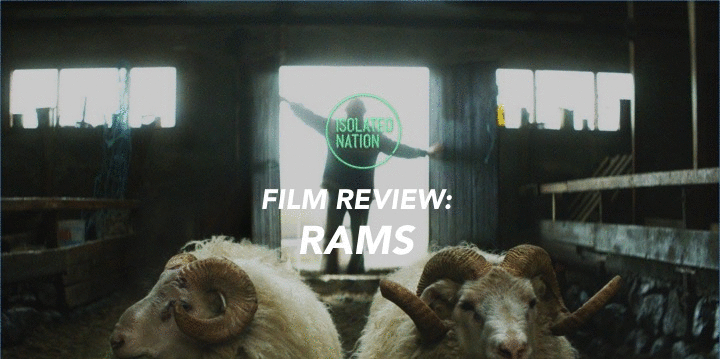FILM REVIEW: Chloé Zhao paints a sobering and beautiful portrait with "Nomadland"
My relationship with meditation is… stuttered. A candid admission for someone in the mental health space to make but, unfortunately, true. In spite of knowing the myriad of benefits mediation brings, I have never managed to hit a stride or make time in my routine. To be honest, I doubt I’ll ever work it out. It could be stop/start and never settled for the rest of my life.
But there are moments – sometimes even hours – when I am just present. Going to the theatre and watching a film counts as one of those times. And lucky for me, Nomadland is a kind of mediation.
Little moments are given time to breathe and stretch into expansive landscapes, as the film flits between intimate interiors of carefully-named vans to sprawling open horizons. The harsh gaze towards the creation and fragmentation of ‘the working life’ also reveals resilience. Through casualisation, under-employment and forced transience; people persist. The power of connection and community will always weave stitches through our wounds of grief and loss. Like a kind of exposure therapy, Nomadland makes this point gradually, time and time again.
And yet, there are still critics who choose to pan a film about meandering, for meandering. Maybe they are right, but maybe they are missing the point - Nomadland is not driven by plot. It is a film about rhythms, about the society we have crafted, about modern American life. The film is both an indictment on how we treat our older people – not with reverence for their stories and experience but with a ‘single-use’ mentality – and a love letter to their tenacity.
Tenacity tested by trends towards more time in an increasingly competitive labour force. With new challenges such as automation around the corner, it is a scary time to be job hunting, especially if you hold a less visible identity. But the problem isn’t that we have built robots and designed artificial intelligence capable of taking our jobs; the problem is that we have built a society around work, and we have grown to need our jobs more than our jobs need us.
Chloé Zhao has been criticised for being ‘too wealthy’ to tell this story of poverty. However, it is clear that her direction is trusted by the stars of the film, and she creates space for their voices to be heard. Zhao seems to coax a real lived experience (not performance) from the ‘characters’. And the cast is certainly full of characters – not carefully-drawn human-shaped vessels for dialogue but real, genuine true-to-life people. Swankie, Bob Wells and Linda May all reveal living, breathing snippets of their nomadic lives. You don’t have to script their earnest authenticity. They are the beating heart of the film and provide all the ‘credibility’ necessary to tell this story.
Whether a director or documentarian, Zhao creates a sense of frankness to the film that feels easy to connect to. Nomadland does not romanticise the nomadic lifestyle, whether forced or otherwise, nor does it deny the joys of finding small comforts and pockets of beauty in a world that can feel hopelessly huge. The film is considerate in containing multitudes and showing us the rich reality of the modern nomads. It is impeccably shot, although at times the score did stick out as the singular gratuitous element. And as for Frances McDormand, well, I could watch her travel through life as Fern for a millennia.






